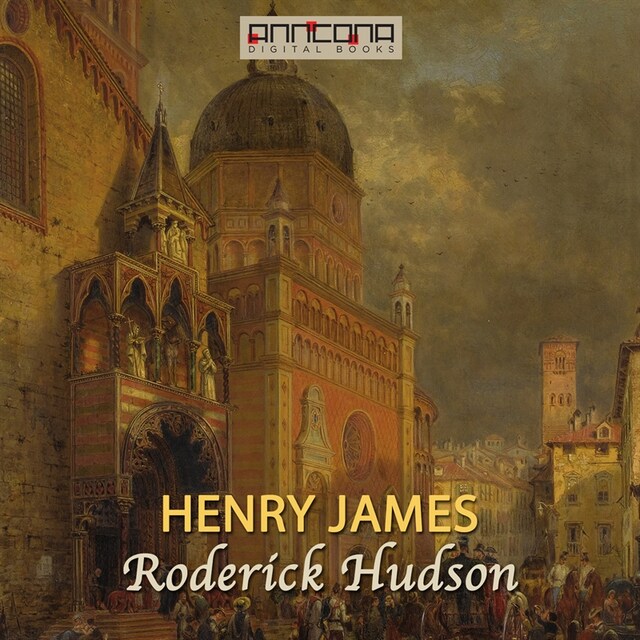
Roderick Hudson
Tietoa kirjasta
Roderick Hudson is a novel by Henry James. Originally published in 1875 as a serial in The Atlantic Monthly, it is a bildungsroman that traces the development of the title character, a sculptor.
Roderick Hudson is James's first important novel. The theme of Americans in Europe, so important in much of James's work, is already central to the story.
Hudson is a young law student in Northampton, Massachusetts, who shows such surprising ability as a sculptor that the rich Rowland Mallett, visiting a cousin in Northampton, decides to stake him to several years of study in Rome, then a center of expatriate American society.
The story has to do not only with Roderick's growth as an artist and the problems it brings, but also as a man susceptible to his new environment, and indeed his occasional rivalries with his American friend and patron.
Interestingly enough, at least two of the book's characters made sufficient impression on James that he brought them back in other books: the French-Italian-Yankee sculptor, Gloriani, who appears later in The American, and Christina Light, the American who becomes the subject of Princess Casamassima, one of James's later (and much longer) novels.
The first book publication was in late 1875, and a second edition was published in 1879. In 1907 James revised the book extensively for the New York Edition of his fiction. This edition is the later New York edition.
Total Running Time (TRT): 13h, 21 min
Henry James, OM (Order of Merit) (1843-1916) was an American-born writer, regarded as one of the key figures of 19th-century literary realism.
He is best known for a number of novels showing Americans encountering Europe and Europeans. His method of writing from a character's point of view allowed him to explore issues related to consciousness and perception, and his style in later works has been compared to impressionist painting. His imaginative use of point of view, interior monologue and unreliable narrators brought a new depth to narrative fiction.
Henry James was nominated for the Nobel Prize in Literature in 1911, 1912, and 1916.



